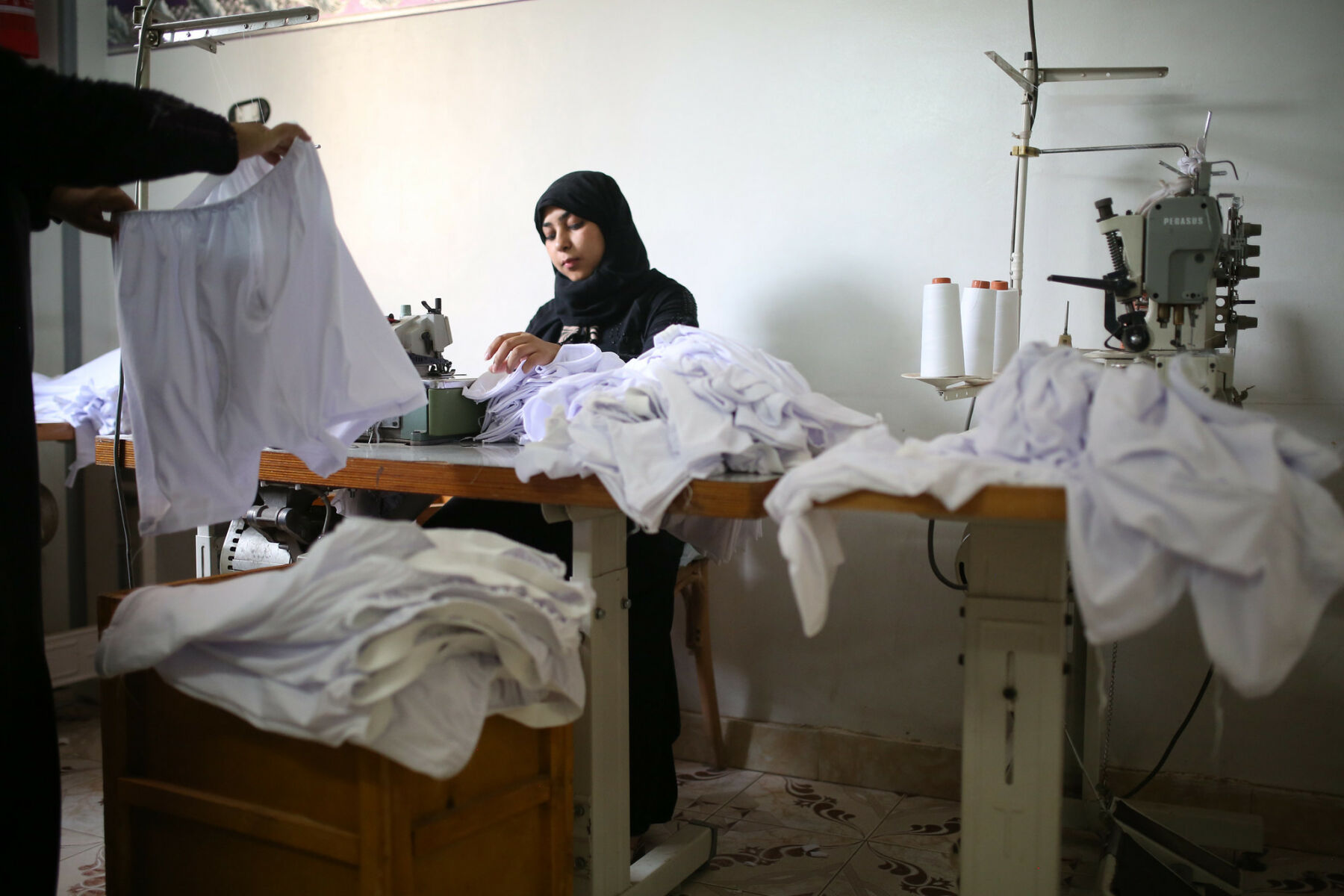Asia’s factory demand eases amid China’s faltering recovery and global trade slump

Factories across Asia experienced a further decline in demand during May, as China‘s sluggish recovery impacted a region already grappling with a global trade downturn. Taiwan’s purchasing managers indexes (PMI) dropped to 44.3 from 47.1 in April, while Vietnam recorded its lowest reading since September 2021, according to S&P Global. South Korea’s factory gauge saw a slight increase in May, though it remained in contraction territory.
Japan’s factory activity, however, reversed a decline for the first time since October 2022, with the au Jibun Bank Japan Manufacturing Purchasing Managers’ Index rising to 50.6 from 49.5 in April. This was a rare exception among Asian markets, as new orders and output fell in most countries.
The data largely supports the bleak economic outlook from China, where manufacturing activity slipped further into contraction last month and services expansion slowed. Rather than benefiting from the reopening of the world’s second-largest economy, many of China’s regional trading partners are likely to experience the negative effects of weak Chinese growth.
“Lower customer demand across key export markets such as mainland China, Europe, and the United States continued to act as a drag on the sector’s performance,” said Annabel Fiddes, economics associate director at S&P Global Market Intelligence. She added that the data likely signals a disappointing second-quarter performance.
Despite higher levels of new work in Japan, the latest data indicated another significant decrease in purchasing activity. The string of Asian factory data follows China’s May manufacturing PMI, which fell to 48.8 from 49.2 in April, suggesting that the foundation for China’s economic recovery is not yet solid, according to the National Bureau of Statistics.
Factories in northern Asia were hit hardest by the economic downturn, while those in the south presented a mixed picture. Thailand, Southeast Asia’s second-largest economy, experienced strong production growth and improved activity, although overall business confidence dipped to a 15-month low.
In the Philippines, activity increased from April’s eight-month low of 51.4 to 52.2 in May. Malaysia’s gauge declined to 47.8 from 48.8 in April, with weak demand leading to a stronger moderation in production, reports Bangkok Post.
Latest Thailand News
Follow The Thaiger on Google News:


























